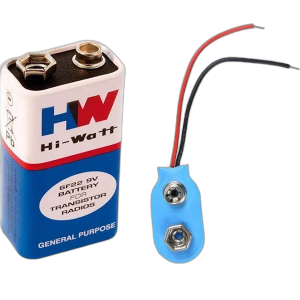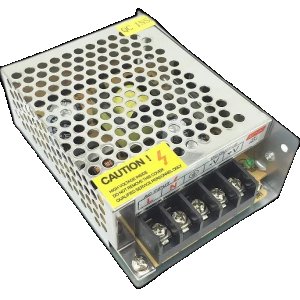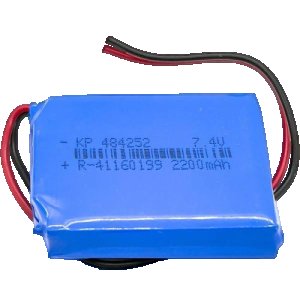Description of Lead-Acid Battery
Quick Overview
A lead-acid battery is a rechargeable energy storage device that uses a chemical reaction involving lead dioxide and lead to generate electricity. These batteries are known for their reliability and are commonly used in automotive applications, uninterruptible power supplies (UPS), and backup power systems.
How It Works
A lead-acid battery is a common and versatile type of rechargeable battery used for various applications, including automotive, uninterruptible power supplies (UPS), and industrial equipment. It relies on a chemical reaction between lead dioxide (positive electrode), sponge lead (negative electrode), and sulfuric acid (electrolyte) to store and release electrical energy. During charging, electrical energy is applied to the battery, converting lead sulfate on the electrodes back into lead dioxide and sponge lead. During discharge, the reverse reaction occurs, releasing electrical energy. Lead-acid batteries are known for their robustness, low cost, and ability to deliver high current, making them suitable for starting vehicles and providing backup power. However, they are relatively heavy and have a limited cycle life compared to newer battery technologies like lithium-ion.
Technical Specification
- Voltage: Typically available in various voltage ratings (e.g., 12V, 6V).
- Capacity: Measured in ampere-hours (Ah).
- Chemistry: Lead-acid chemistry, which includes variations like sealed lead-acid (SLA) and flooded lead-acid (FLA).
- Cycle Life: Indicates the number of charge and discharge cycles the battery can endure.
- Weight: Generally heavier compared to some other battery types.
Key Features
- Proven reliability with a long history of use.
- Rechargeable and suitable for numerous cycles of use.
- Robust construction and resistance to overcharging.
- Economical option for a variety of applications.
- Commonly used in automotive starting, lighting, and ignition (SLI) systems.
Application
- Powering vehicles such as cars, trucks, and motorcycles.
- Providing backup power for home and office UPS systems.
- Supporting off-grid renewable energy storage.
- Use in industrial equipment, forklifts, and golf carts.
- Emergency lighting and standby power systems.
Summary
Lead-acid batteries are known for their reliability and have a long history of use in automotive and backup power applications. Whether you need a dependable battery for starting your vehicle, providing backup power to critical systems, or storing renewable energy, lead-acid batteries offer a cost-effective and proven energy storage solution.
| Shipping Cost |
|
No reviews found!

















































No comments found for this product. Be the first to comment!